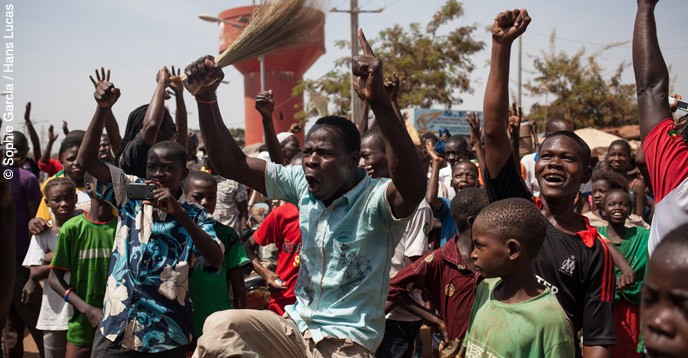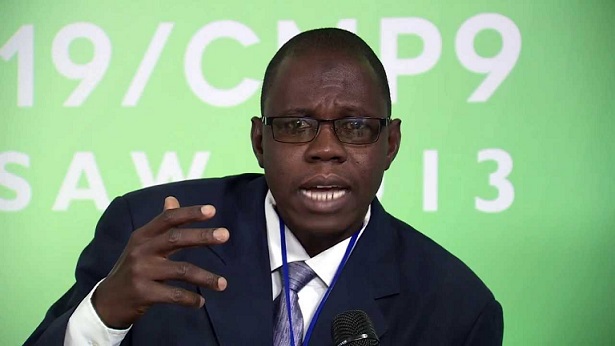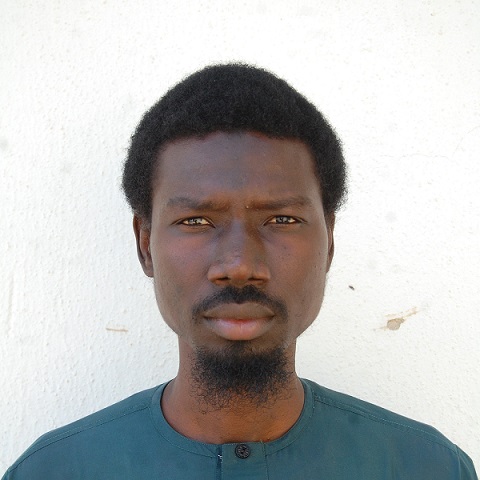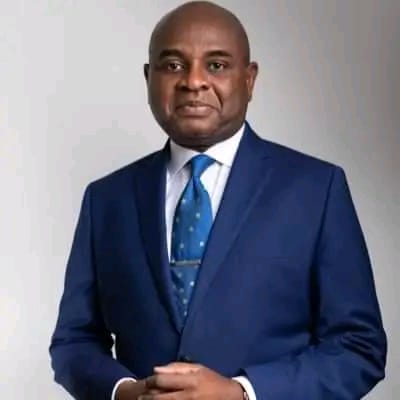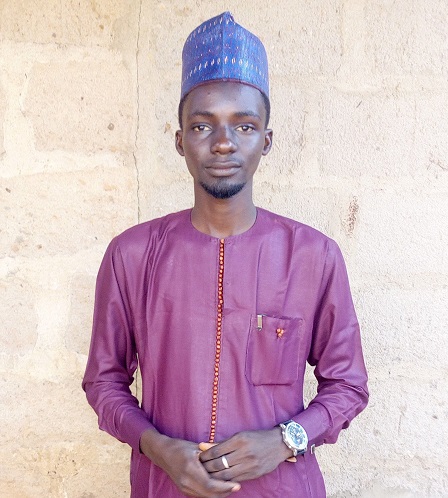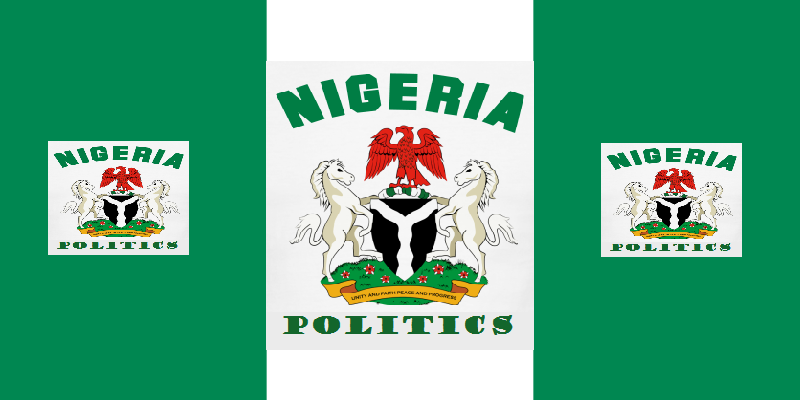Nigeria politics and the Stockholm Syndrome effect
By Muhammad Salisu In 1973, there was a bank robbery in Stockholm, Sweden. The robbery turned into hostage-taking. The hostages, however, later became sympathetic defenders of the perpetrators. This incident…
